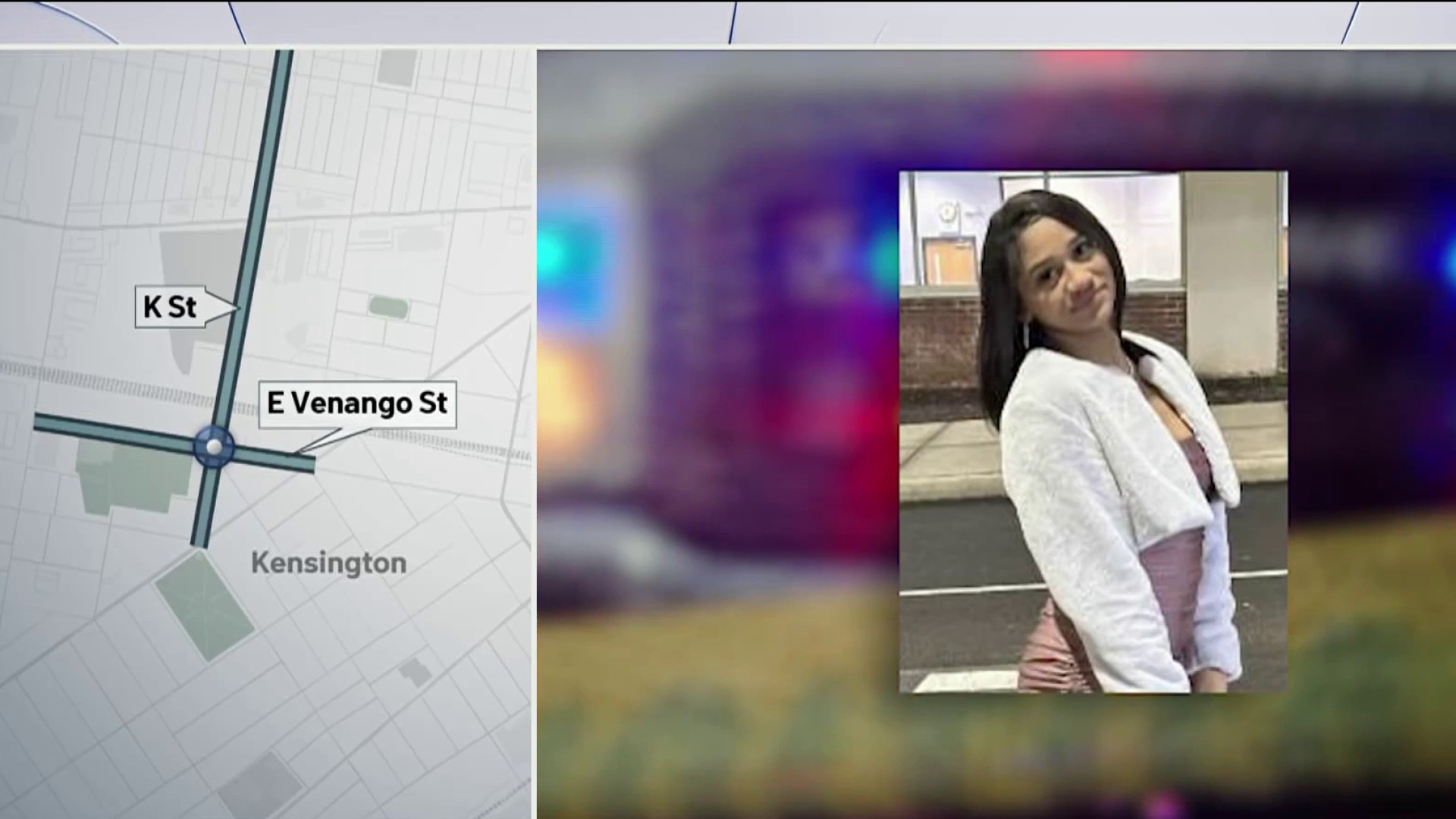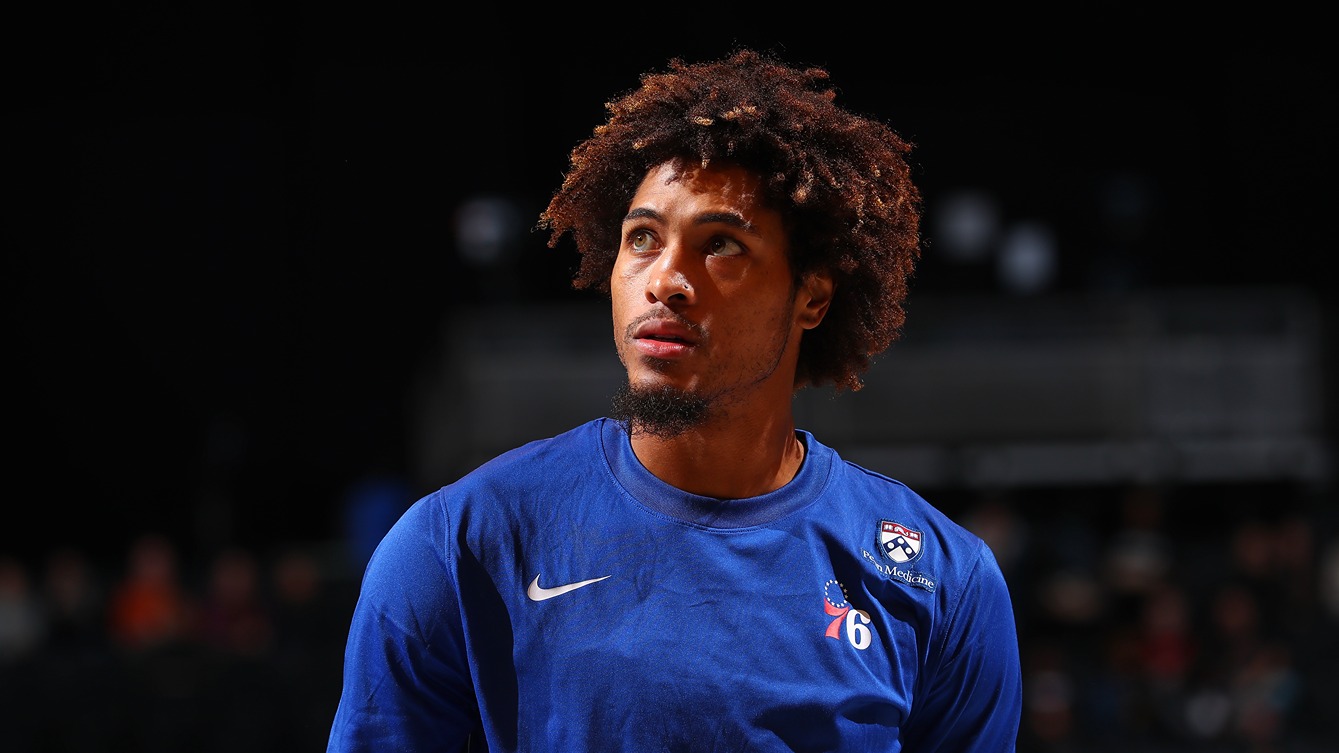NBC10 is one of dozens of news organizations producing BROKE in Philly, a collaborative reporting project on solutions to poverty and the city’s push towards economic justice. Follow us at @BrokeInPhilly.
Philadelphia has already experienced more than 90-degree heat and oppressive humidity, but as summer nears and the risk of contracting COVID-19 remains, the city has not yet determined if it will open cooling centers in case of a heat health emergency, a decision that could affect the most vulnerable populations.
“I think this is something that we know is an issue based on what we have traditionally seen in the city. We know that certain neighborhoods in the city are hotter due to the urban heat effect. We know that many of our residents can’t afford and don’t have air conditioners,” Council member Jamie Gauthier, who represents the 3rd District, said. She added that some lower-income neighborhoods also have higher rates of asthma and less access to green spaces than wealthier areas.
The risks and challenges are twofold. High heat is a huge threat for infants and children up to fours years old and to people 65 and older, according to the Centers for Disease Control and Prevention. But letting people cool off in an enclosed space also risks the spread of COVID-19, to which older people are especially susceptible.
The virus has already killed more than 1,400 people and infected more than 24,000 in Philadelphia.
“We are worried about the heat and having people get out of the heat. We’re also concerned, though, that the very people who are at risk for heat-related illness – being grouped together in a facility is not necessarily great for them,” Dr. Thomas Farley, Philadelphia’s health commissioner, said.
In the past, public pools and libraries have made up the bulk of the city’s cooling centers, but pools won’t reopen this season (though spraygrounds will) and public libraries also remain closed.
Local
Breaking news and the stories that matter to your neighborhood.
The health department is working with other agencies to determine if there is a way to safely open cooling centers in the event of a heat health emergency, spokesman Jim Garrow said, but no concrete plan has yet been made, nor have alternatives – like New York City’s program allowing low-income residents to apply for financial help to install an air conditioner or fan – been offered.
“We’re already very much in this heat danger zone, and as of yet we haven’t heard much guidance from the city about where and how people can cool off,” Gauthier said.
Chris Gallagher, director of the Philadelphia Corporation for Aging’s helpline, said the PCA is working with the city regarding the possibility of opening cooling centers, but right now they’re taking a “wait and see” approach.
Namely, he said, they’re waiting to see if there will be a need to declare a heat health emergency at all. When that happens, officials usually have about a week’s time – given the forecast – to determine whether there will be a need to issue such a declaration, he said.
“It wouldn’t do us any good if we opened up a place, had people congregate in there, and then a bunch of people got COVID when they were just trying to stay cool,” Gallagher said.
Gallagher acknowledged that some of the city’s most vulnerable do not have access to air conditioning but said a way to counter that is to check on those people, especially the “isolated seniors.”
The PCA estimates 39% of people 60 and older in Philadelphia live alone. Gallagher said without anybody checking on them, they may not even know they’re experiencing heat-related health issues.
“Physically, their body doesn’t react the same way, even as their body used to. Their body may not be telling them that they’re not doing well with the heat,” he said.
Stephen Merrill, a registered nurse who works in program management at the PCA, said seniors and anyone checking on them should be aware of symptoms like heavy sweating, fatigue, dizziness, headache, nausea and a quick pulse. He also stressed that people should stay hydrated by drinking water even when they don’t feel thirsty and keep windows open if using a fan or risk creating a “convection oven” effect in their home.
Philadelphia likely won’t be able to provide free air conditioning units or fans for people, largely due to the already tight budget constraints caused by the coronavirus outbreak, but whatever solution officials do come up with will have to be “creative,” Gauthier said.
“We need to be creative, and whatever plan we end up with is gonna have to be mindful of social distance requirements and is going to have to be accessible to people throughout the city and accessible particularly in the neighborhoods where we know that heat is a big issue,” she said.



